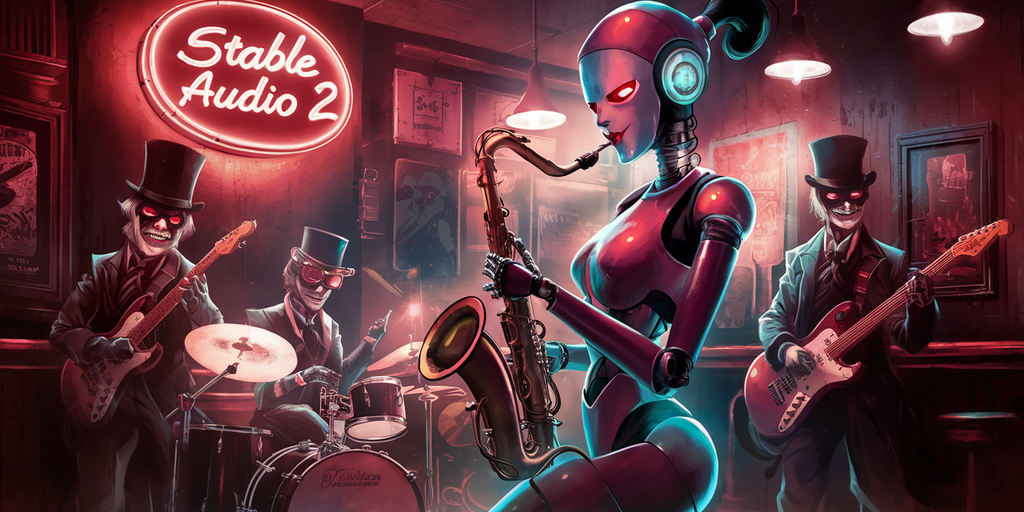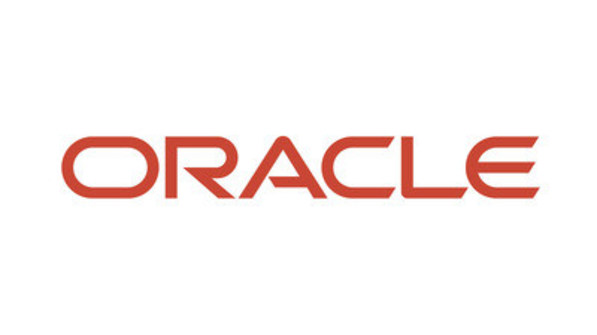We’ve heard a lot about how generative AI is transforming creative work and raising concerns about potential job displacement. However, brands are beginning to exhibit caution. While advertising agencies are eager to adopt this technology, some clients remain skeptical.
According to Ad Age, an industry publication, businesses are increasingly inserting clauses into their contracts with ad agencies to prohibit the use of AI image generators and other generative AI tools without explicit approval. This trend is understandable given the recent backlash faced by brands utilizing AI-generated content.
Xbox faced criticism from customers for employing “cheap AI art,” and LEGO had to apologize for using AI-generated Ninjago art. Similarly, Uber Eats and PlayStation encountered negative reactions for their AI-generated content. These incidents highlight the risks associated with AI imagery, including potential damage to a brand’s reputation and concerns about intellectual property rights.
One major challenge for brands is the difficulty in detecting AI-generated content, especially since many rely on external agencies for advertising assets. To mitigate this risk, some brands are introducing “No AI” clauses in their contracts, prohibiting the use of AI without explicit consent, even during the conceptual stage.
In addition to brand image concerns, legal issues also loom large. While certain developers claim their AI tools are copyright-safe, not all platforms can guarantee this, leading to legal disputes. To simplify matters, some brands opt for a blanket ban on AI usage rather than navigating the complexities of copyright infringement.
Moreover, the lack of regulatory framework around AI imagery is a growing concern. The European Union is working on legislation that would mandate disclaimers for AI-generated content. This move aims to enhance transparency and could resemble existing disclaimers for digitally altered images.
Industry bodies like the Association of National Advertisers are recommending brands to address AI usage in their contracts. This marks a significant shift from the trend of brands touting AI as a selling point, as seen with Coca-Cola’s “co-created with AI” Y3000 flavor launch in September.










